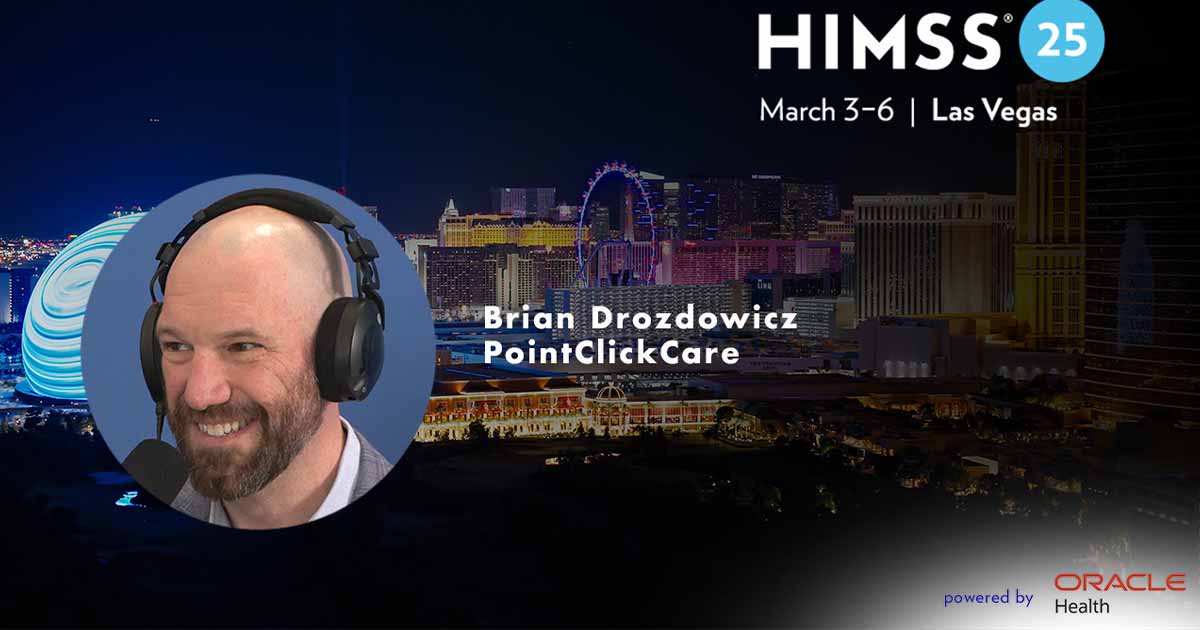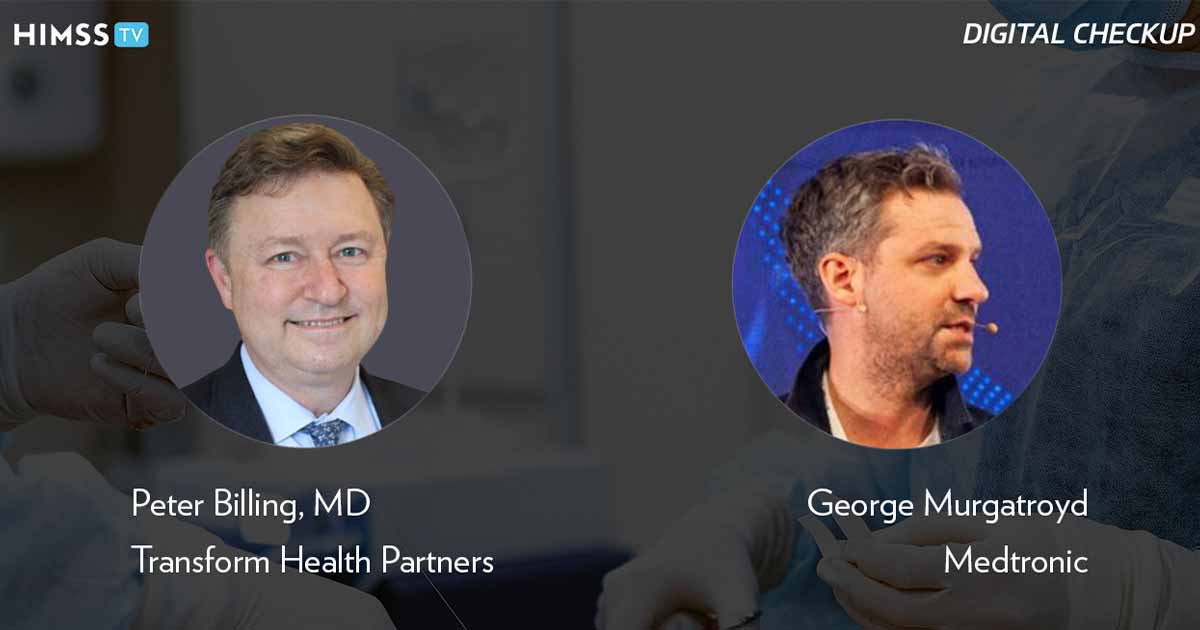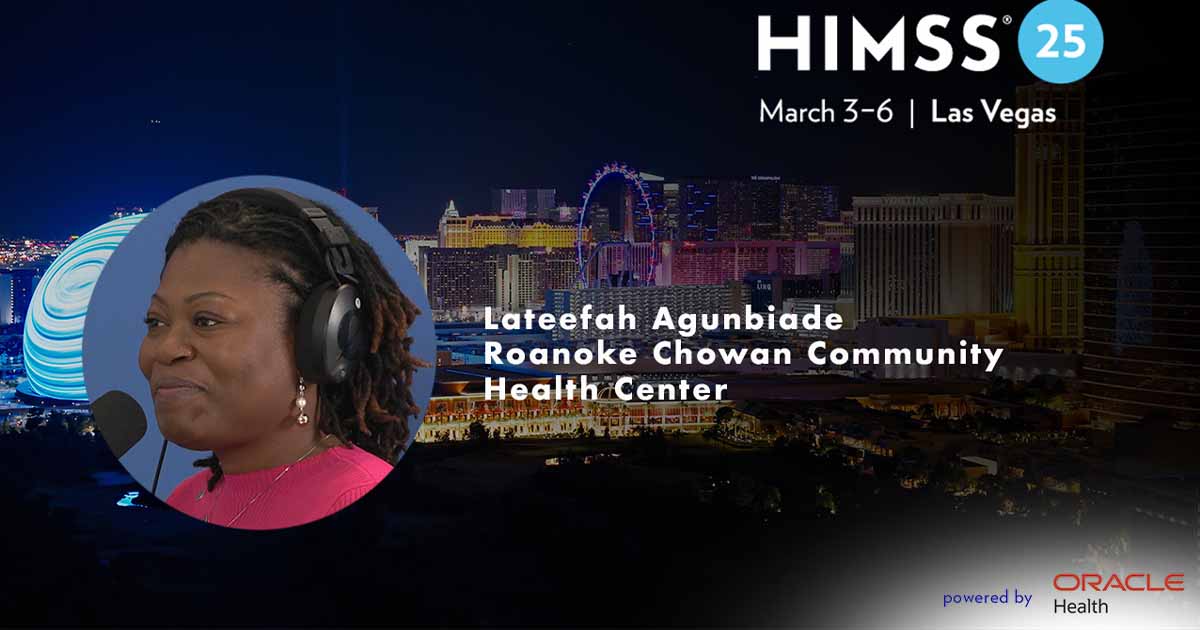Video
Dr. Alfredo Almerares, clinical executive manager at InterSystems, believes the value generative AI provides in improving patient and clinician experiences will lead to greater digital health technology deployment across Latin America.
Ever since financial institutions have significantly increased their security preparedness, bad actors have turned to healthcare organizations, seeing them as more vulnerable – and lucrative – targets, says Dr. Eric Liederman, CEO of CyberSolutionsMD.
A predictive analytics tool at Piedmont Healthcare helps identify and engage with patients at risk for medication non-adherence. Melissa Robinson, the health system's population health pharmacy program manager, explains.
Health systems, historically wary of making patient data available to payers, have gradually overcome that hesitation due to the positive impact data sharing has had on patient care and outcomes, says PointClickCare's Brian Drozdowicz.
It improves efficiency too, says Scott Wilson, AVP of HHS enterprise care solutions. Amid labor shortages, health systems can optimize staffing and manage costs through nursing telehealth and hospital at home programs.
Transform Health Partners' Dr. Peter Billing and Medtronic's George Murgatroyd explain how automated, post-operative videos edited by AI not only enable physicians to enhance patient engagement but can also improve the training of surgeons worldwide.
For Davies Awardee Dr. Robert Jarve and his team from Corewell Health, studying data from a clinic serving high-risk Medicaid patients helped them understand what's driving most of the clinic's ED utilization.
Involving each department across an organization can help healthcare leaders build stronger cyberdefense strategies, says Michael Gross, Cleveland Clinic's manager of cybersecurity intelligence.
Synthetic data supports privacy and early research access – but must meet standards for fidelity, usability and security to earn trust, says Steffen Hess, Health Data Lab head at Germany's Federal Institute for Drugs and Medical Devices (BfArM).
The program provides education and support to new CIOs seeking to drive change in their organizations, says Lateefah Agunbiade of Roanoke Chowan Community Health Center and a recent CIO Connect graduate.









